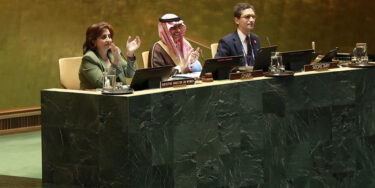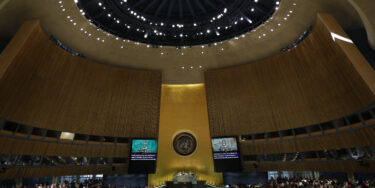Culture of Love, a UN Free & Equal campaign
16.05.17
(Sexual Orientation and Gender Identity / Tradition, Culture, Religion)
Just ahead of the International Day against Homophobia, Transphobia & Biphobia the UN Human Rights Office today launched a new UN Free & Equal mini-campaign that explores the role that culture and tradition play in the lives of lesbian, gay, bi, trans and intersex people around the world.
Everyone has the right freely to participate in the cultural life of the community
Article 27 of the Universal Declaration of Human Rights
Culture and tradition are profound parts of our lives. They allow us to come together to mark life’s milestones, and celebrate our heritage and the people we love. For many, they provide a sense of home, of history and identity.
Culture and tradition belong to everyone. Each of us gets to interpret, adapt and practice the beliefs, customs and rituals that are meaningful to us as individuals. These are basic cultural rights – guaranteed to everyone without discrimination.
Sadly, some people see the inclusion of lesbian, gay, bi, trans and intersex (LGBTI) people as a threat to their cultural values. They may try, wrongly, to rationalize violence and discrimination as a way of protecting their beliefs in the name of culture and tradition. No matter how diverse people’s beliefs and values, culture and tradition are not a license to discriminate or an excuse for violence.
Culture and tradition are not fixed: they change over time and are viewed and interpreted differently within societies. There are traditions of hate and repression, just as there are traditions of equality and justice. It’s up to each of us to decide for ourselves which ones to carry on.
- In “Tradition”, a young man in Mumbai brings his boyfriend to a family celebration of the Festival of Holi.
- In “Culture”, a genderqueer youngster in Britain joins their father at a soccer match and basks in the comradery that goes with supporting the local team.
- In “Family”, Chinese parents shake off their initial hesitation and include their daughter’s same sex partner in their traditional Lunar New Year celebrations.




